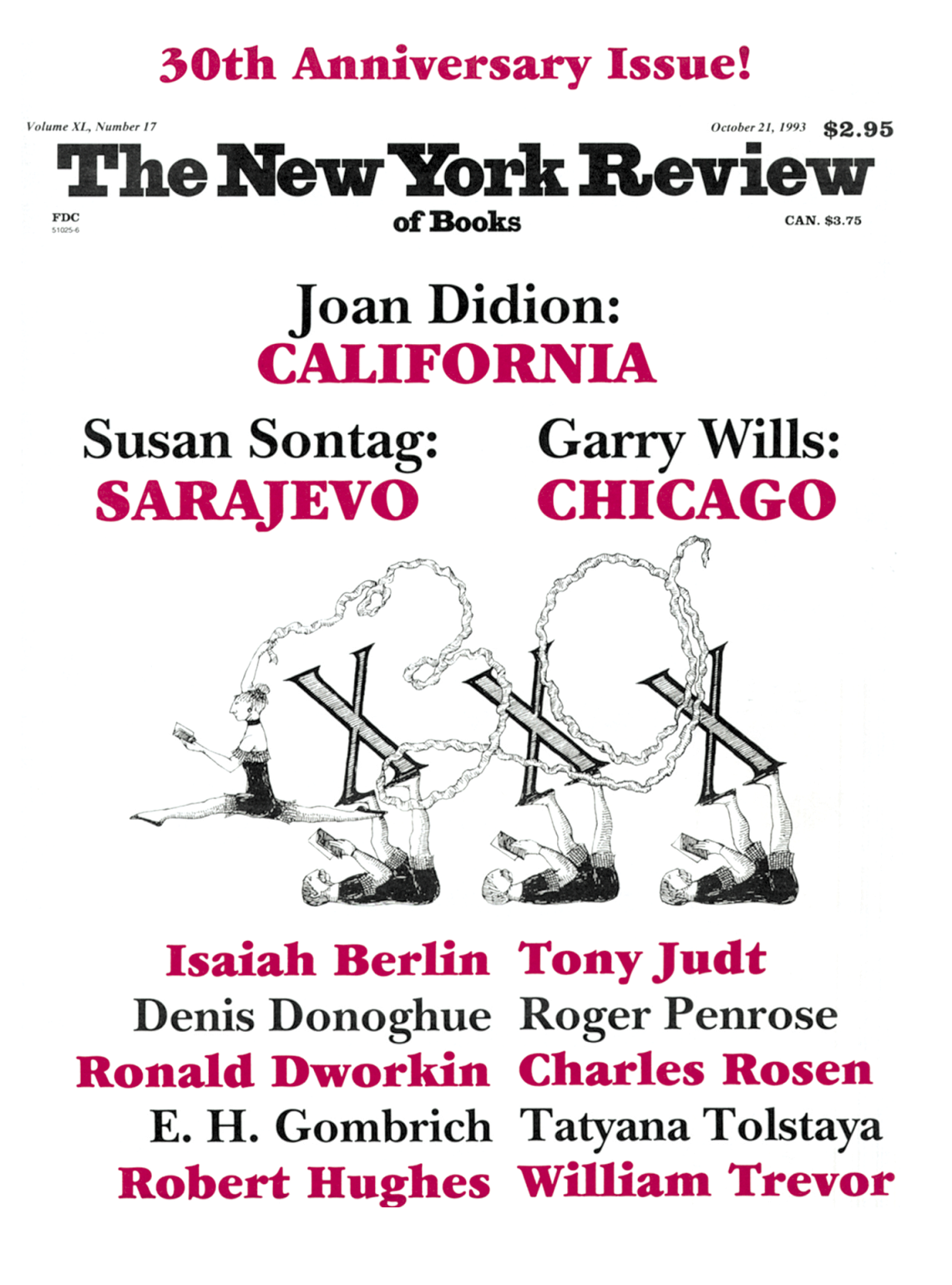The Eleventh International Duke Ellington Conference last August marked the fiftieth anniversary of the master’s first concert at Carnegie Hall. One of the penalties of going on too long past the Lord’s allotment is that more and more of what still seems significant happened fifty years ago. Such may have been the case with most of the Ellington votaries gathered at the Times Square Holiday Inn. The sight of them subdued the visitor’s joy with melancholy images of the graves lying between us all and the thirteen years before the fiftieth anniversary of Ellington at Newport.
When that temporal holy day comes, will all the congregation be gone? Perhaps. If it won’t be, why would Kenny Burrell have thought it necessary so insistently to proclaim to the pews that Duke Ellington was the twentieth century’s greatest composer?
The visitor was borne to the day forty years ago when he first heard the staking of that high and essentially irrelevant claim. Duke Ellington had been playing the morning show at the old Apollo Theater in the charming but scarcely august company of the Temptations, Pigmeat Markham, and a balloon dancer. He was in the Apollo Star Dressing Room, a premise almost squalid in its modesty.
“Eddie,” another visitor said, “you are the greatest composer of the twentieth century.” Ellington delicately raised an eyebrow, on unspoken behalf of Stravinsky. “And here you are,” she finished, “working the morning show at the Apollo.”
And Ellington replied, “Maely, that is a complaint that I long ago decided had no future.”
Great composer? Forget it. Beside the point. Say only a composer who was one with Bach and Mozart, because none could write without having in mind the particular horn or voice he was writing for. Bach adjusted the aria to the resources of the soprano, and the soprano gave something of herself back to Bach.
Ellington could not have been a composer without his band. One day Cootie Williams idled a phrase and Ellington heard what the horn had found even before the horn did. That phrase became “Concerto for Cootie,” one of sacred music’s grander statements in its original form and later transmuted for secular triumph as “Do Nothing Till You Hear from Me.”
Once he signed on Ben Webster, the tenor saxophonist and the least pleasant of companions for anybody’s road. Webster objected that it would be too much trouble for him to learn the Ellington book. Ellington answered that he didn’t have to; he could just sit in the ensemble and play “I Got Rhythm” until something came to him. Something did. It was “Cottontail.” And it was from just such inspirational occasions that Duke Ellington drew the lesson that there could be no future in complaints about working the morning show at the Apollo. It was a Parnassus next to some of the precincts he endured just to keep the band booked and paid night after night for the sustenance not of his purse but of his soul.
Long ago the late Mike Todd took over the old Madison Square Garden for a publicity gala that thrilled New York as prospect and became as fact so unrelieved a bore that in its terminal throes women who had begged for tickets in the afternoon were tearing each other’s beehived hair over stale birthday cake. Duke Ellington looked upon those furies of frustration and said to his orchestra, “Gentlemen, your only job is to get yourself ready to sound better than what you’re looking at.”
There are representative lives and they are generally deplorable. There are also exemplary lives like this one. They are lived without lament or selfpity. They neither meditate alone nor unite with support groups in search of self-esteem. They just build it on the road in the community of work. It is a waste of breath to argue whether Duke Ellington was more or less than Bach or Beethoven or Haydn. All that counts is that he was like them in knowing what matters, and that, when all are dead who heard those horns live, there will be children to discover and hear them again.
This Issue
October 21, 1993


